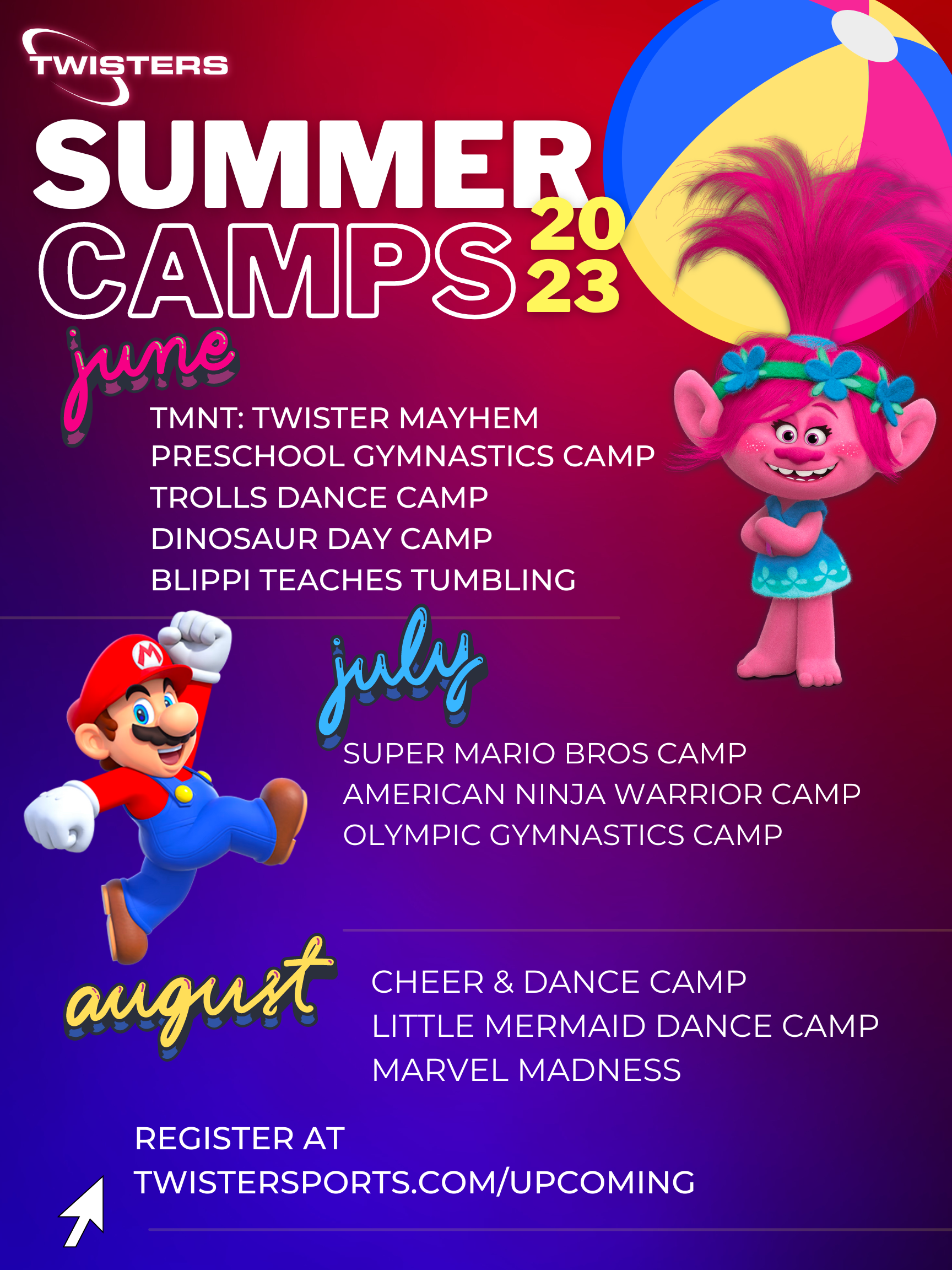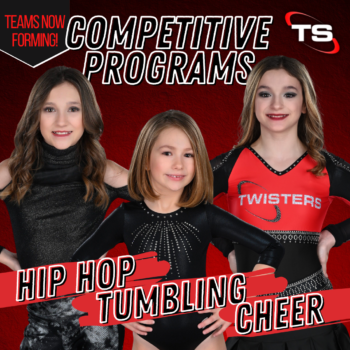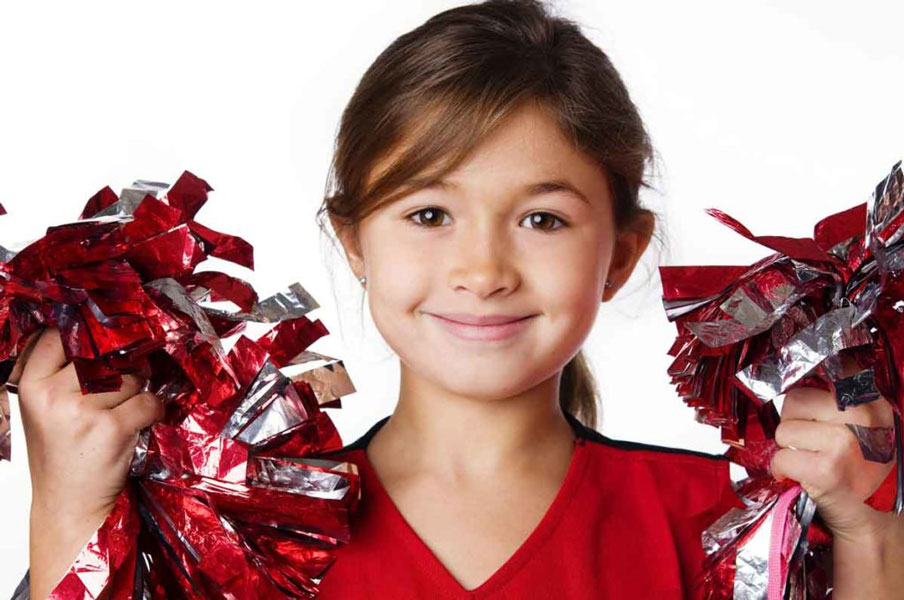Self-Bullying: How it Starts
Imagine this.
You greet your 12-year-old athlete for their weekly private lesson. The warm up starts well and so does the warm-up tumbling. Then you get to the back handspring. This is the purpose and plan for this private lesson: The athlete is committed to getting this skill. But then, the mood shifts. After a few attempts of not quite getting it yet, the child starts talking about how she’ll never get the skill. She says she’s just not a good cheerleader. “My jumps are low and I get put in the back every year for dance.” The coach reminds her that progress takes time, and choreography dictates where she is placed for dance – not skill. But, the athlete is already in a state of doubt. She’s negative – but not about her peers. In fact, she’s able to lift them up and tell them they’ll meet their goals if they work hard. But for herself, it’s not an option. Meeting her goal will never happen because she’s just not good enough.
This is what we call self-bullying. She’s not being rude or inconsiderate to anyone else. She is a positive influence on her teammates and could get anyone else through a tough time. But the words she says to herself are significantly harsher than anything she would say to anyone else. It’s likely the words she’s saying in her mind are even harsher than those she’s willing to verbalize.
Building a Healthy Mentality
How do we get athletes past this self-bullying and build a healthy mental game? As a coaching staff, it’s incredibly important to understand how a child’s brain functions. In today’s society, bullying is talked about at school, and most children understand what it means. Often, the simple act of having a child consider what they’re saying to themselves and asking if they would say that to a teammate – brings to light their mental being.
Building this positive mental attitude comes through developing an athlete’s confidence. But confidence isn’t built by telling an athlete how great their back walkover is. While this is a valid compliment to many athletes, true confidence is built by complimenting their character. We build character when we set a goal and work hard to achieve that goal. The goal itself doesn’t matter nearly as much as the journey it took to get there.
We build character when we say, “Suzie, I know you’ve worked really hard to get your back handspring. It hasn’t been easy, and you’ve had to put in a lot of effort. When times got tough, you pushed through. That shows a lot of courage. I’m really proud of you.” Yes, it can be more challenging to identify the character traits that led to a skill. It’s easier to say, “Great job on that back handspring!” but when that child grows up one day she’ll face obstacles in life. She won’t think back to the great back handspring she had when she was twelve though. She’ll remember the time her mentor and role model told her he was proud of her for showing courage.
Our Mission
Self-bullying is incredibly common in today’s youth. It’s our mission here at Twister Sports to show an athlete the character skills they’ve developed, and what they’re capable of as a result. We use sports as the vehicle to teach these skills, but our mission is much bigger than a back handspring. We’re focusing on growing today’s youth into tomorrow’s leaders.
Twister Sports offer recreational and competitive cheerleading, tumbling, dance, gymnastics, ninja warrior, indoor batting cages for baseball and softball as well as private lessons, open gym and birthday parties. We’re home of Escape the Burg, Warrensburg’s #1 live-action escape room as well as Lamplighters, a 5,000 square foot event center all located in Warrensburg, MO. For more information, visit our website or call us at 660-238-0577.








